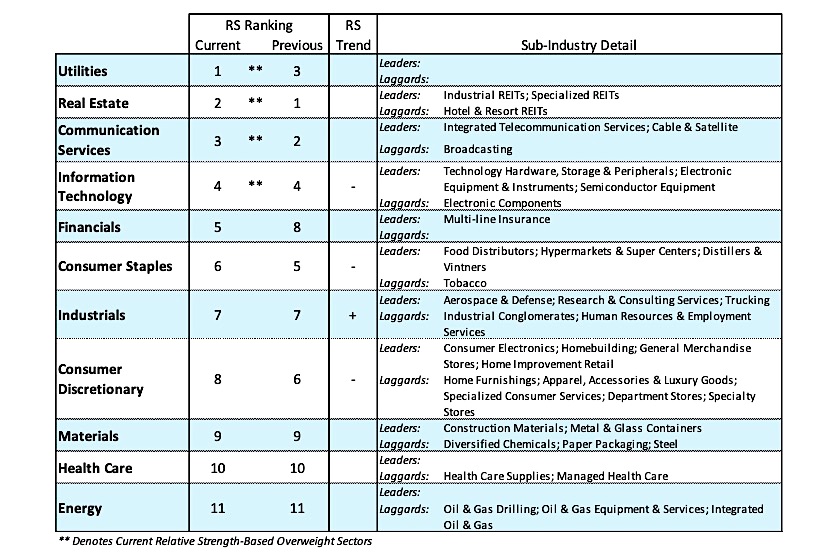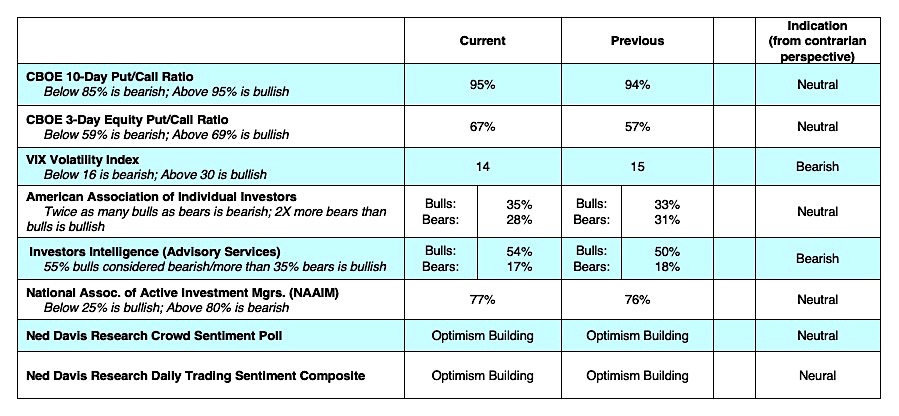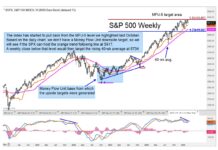The news backdrop last week was less than favorable for the financial markets as the world received news of an attack on Saudi Arabia’s oil infrastructure in an attempt to destabilize the world economy by spiking oil prices.
Investors were also met with news of China’s trade team returning home prematurely, trouble in the repo market, and the Federal Reserve cutting its benchmark short-term interest rate to a target range of 1.75% to 2.00%.
The Federal Reserve statement provided an uncertain outlook for future policy.
Yet, with this heavy dose of news, the equity markets have been resilient.
In his post-meeting press conference last week, Federal Reserve Chairman Powell reiterated his stance that the U.S. economy is strong and expected to stay that way.
Chairman Powell indicated concern over slowing global growth and trade uncertainties but said the Fed stands ready to “act as appropriate to sustain the expansion.”
The communication from the Fed is that we are not on the brink of a recession. Economic numbers have been good with housing starts and building permits in August hitting their best levels in more than 10 years and the increase in industrial production last week was the largest gain of the year.
The key to the economy and the financial markets is in the wallets of the consumer. Unemployment at 3.7% is at the lowest level in 50 years. Wage gains have climbed to a 20-year high and consumer confidence remains at a historically high level. The largest threat to the markets is the negative effects of the ongoing trade war (spilling into the manufacturing sector) and weak global growth which could slow the trajectories of corporate profits and cut into business and consumer confidence.
Despite improving trends in areas of the market that lagged the averages this year, such as the financials and energy, the leading sectors in terms of relative strength continue to be those with a defensive tilt.

Our overweight in the defensive sectors of the market this year as well as exposure to gold and U.S. Treasury notes has served our clients well. Gold is up over 27% this year. Historically gold does best when real bond yields are negative and uncertainty surrounds the global economy. The utilities sector is up over 20% this year. We continue to recommend the strongest sectors of communication services, information technology, utilities and real estate investment trusts.
Stock market breadth continues to improve as seen in the performance of the N.Y. Stock Exchange Composite (composed of more than 2000 stocks) which is currently challenging its July high.

Additional evidence is seen in the growing percentage of S&P industry groups in defined uptrends. The S&P Index includes 100 industry groups of which 65% are in uptrends versus just 45% earlier this year. Should the percentage of groups in uptrends exceed 75%, it would be an indication that most areas are in harmony with the primary trend, a strong indication that the current rally is sustainable. Short-term sentiment indicators have turned 180 degrees and indicate investors moving toward excessive optimism.
From a contrary opinion perspective, excessive optimism suggests that the liquidity that was supportive at the start of September when investors were pessimistic has become exhausted thus creating a short-term headwind for stocks. The renewed enthusiasm for stocks is seen by the fact that investors poured $40 billion into ETF’s in September and with a week to go the flows this month are equivalent to what was seen at the January 2018 peak.
The bottom line is that while market breadth signals higher prices ahead, excessive investor optimism argues that stocks may experience a consolidation phase before the current rally continues.
Twitter: @WillieDelwiche
Any opinions expressed herein are solely those of the author, and do not in any way represent the views or opinions of any other person or entity.








